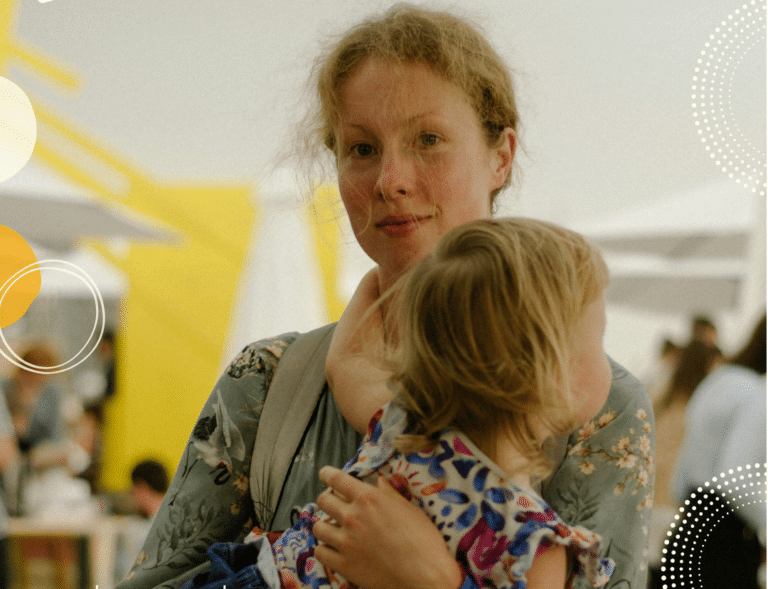How companies can support working parents
This week’s blog post is actually an interview I did at an online conference last year on how companies can support working parents. The interview has now been lost in cyberspace so I thought I’d share it here as a transcript.
Q: What’s the number one thing working parents ask for your advice on?
There isn’t a number one. I support parents on all sorts of parenting issues from toddler tantrums to teenage mental health crises. Families are all different but there are definitely some common challenges for working parents around time and energy – not feeling like we have enough time or energy and worrying that we are failing to distribute what we do have in ways that meet everyone’s needs.
Q: How do you think companies can support working parents better?
I think there are two sides to that answer. One side is through working practices, supportive policies and reasonable workloads – which is really important. The other side is about recognising that being a parent is challenging and equipping parents with knowledge and high quality strategies so that they can do their parenting role well – and, importantly, feel like they’re doing a good job as parents.
You might ask why that’s a company’s responsibility but it’s actually a very simple and effective way for companies to improve performance and productivity and retain talent. When working parents feel competent in their parenting roles, it’s much easier for them to bring their energy and creativity to work. On the flip side, when we feel overwhelmed by issues around our children (who are so very precious and important to us), that undermines our wellbeing, depletes our focus and energy and spills over into our work life.
I have worked with so many parents where just a little guidance from me – either through a webinar or in a 20-minute 1-2-1 – has made a massive difference in terms of their child and their parenting but also had a ripple effect onto their wellbeing and their work performance and commitment. When parents leave a job, the driver is very often that they don’t feel like they can be the parent they want to be while doing that job. So, if companies can help parents meet their parenting aspirations, and feel like they are being the parent they want to be, they are much more likely to stay and to perform better.
If your teenager is anxious or depressed it’s going to be on your mind wherever you are. If your toddler won’t sleep, you’ll be tired and irritable. It hard to focus or enjoy the challenges of work or advance your career when things aren’t going well with your children. Research has shown that evidence-based parenting support delivered via the workplace results in employees who are less stressed, more able to concentrate, make fewer mistakes and take less time off. That means a more productive, less stressed workforce.
Q: What’s one thing companies could do with immediate effect that would make a difference?
Make evidence-based positive parenting support available to all their working parents throughout their parenting lifecycle. Not just at parental leave transitions – parents of teens are often just as challenged as parents with babies or toddlers. Ideally, this should take the form of a quality evidence-based programme that has been well-researched and subjected to rigorous evaluation, not just the opinions of a coach or teacher who also happens to be a parent! It needs to be delivered by someone who is actually qualified and professionally trained in working with parents.
In my one-to-one work with parents, I use the Triple P programme and there are 150 published peer-reviewed papers showing that Triple P makes a difference to parents’ confidence and also to parents’ mental health and wellbeing.
Q: What about the sticky issue of working parent guilt? How can parents manage working parent guilt?
I don’t want to pretend there’s an easy answer to that. I have a whole 60-minute seminar on that topic! But one thing I would say is to think about how you are defining your success as a parent. I encourage parents to think of parenting as a relationship not a series of tasks or a set of performance benchmarks.
We can’t control everything that will happen in our children’s lives, and we can’t always be there for every important moment, but we can all focus on building a warm, supportive relationship with our children and making quality moments happen. Most working parent guilt is unhelpful but if your guilt is around your relationship with your child, then that might actually be helpful guilt that is telling you you need to do something about that.
Q: The subtitle of your book The Work/Parent Switch is “how to parent smarter not harder”. What are your top three tips for parenting smarter not harder?
I have written a whole book on that so boiling it down to three is really hard! But, I would say there are some key messages. One, you matter. As a parent, your stress levels and your state of mind really matter. When we are stressed or overwhelmed, it’s much harder to be a calm and consistent parent. So much of parenting is about managing ourselves, not managing children.
Two, you are not as important as you think you are. That doesn’t contradict the first one! I mean that sometimes we overthink every single parenting decision as if every choice could make or break our child. But children are not just a product of their parenting. They are separate human beings with their own temperaments, talents and preferences. Our job – and our privilege – is to walk alongside them through their lives. But we aren’t dictating the path, we can only hope to influence it.
Three, focus on the big stuff. If there is an issue around children’s behaviour, for example, that is really causing negativity then do something about it. Don’t keep doing the same things. Step back, reflect on what might be happening and implement a positive plan to encourage alternative behaviour. Take a look at my blog for ideas. Good parents don’t get everything right but they do notice when things aren’t going well and stop, reflect and try something different.







Leave a Reply